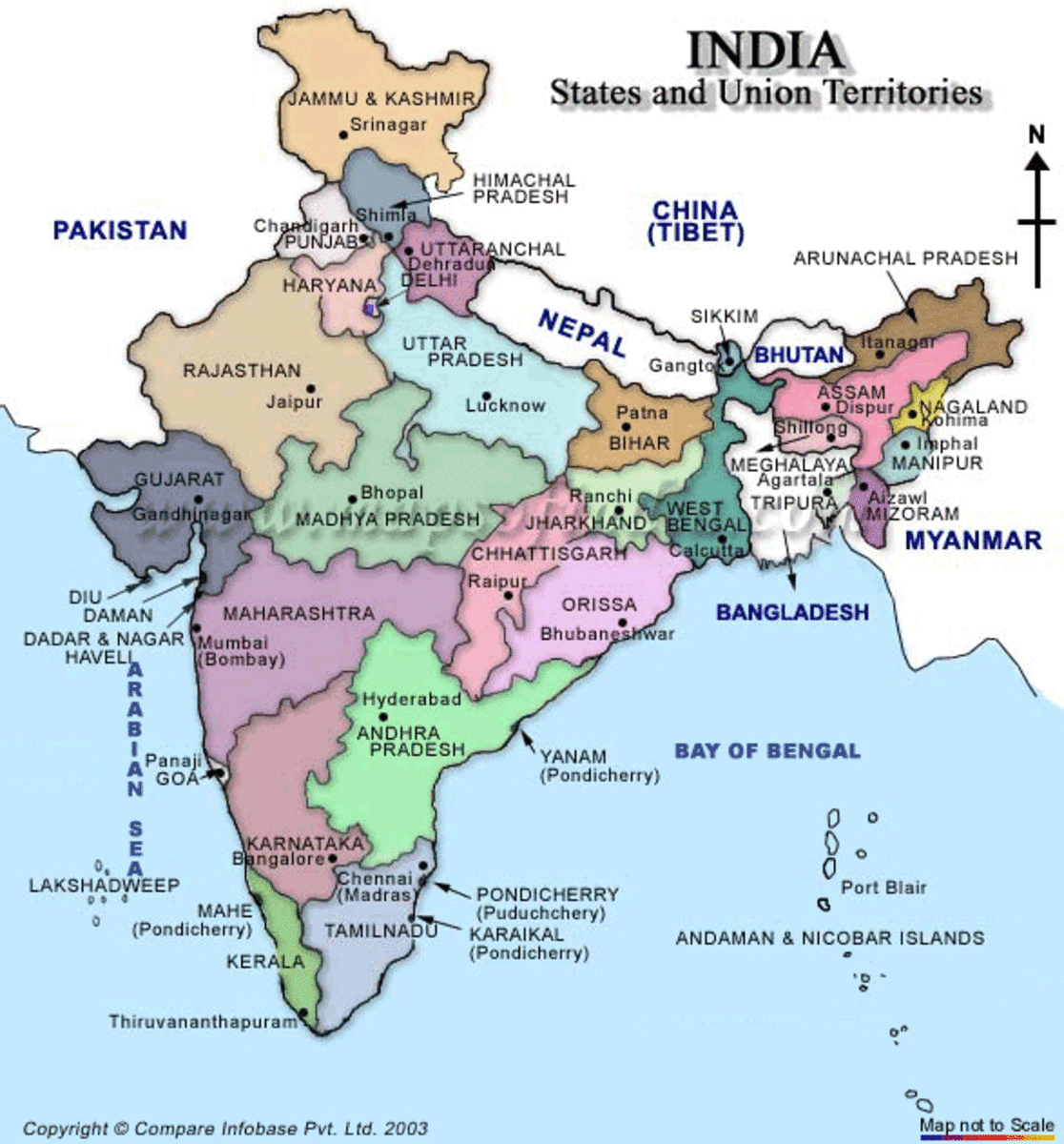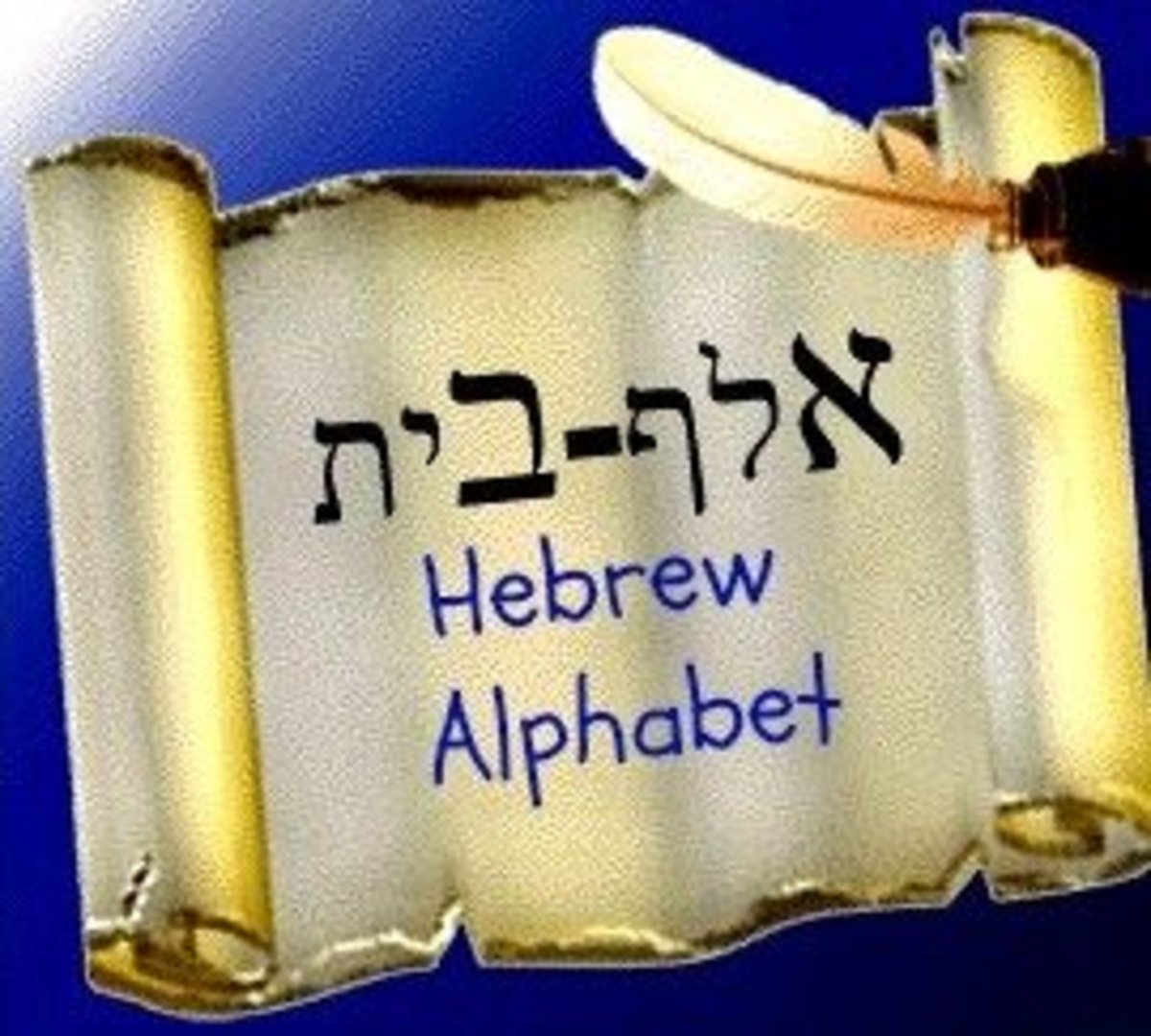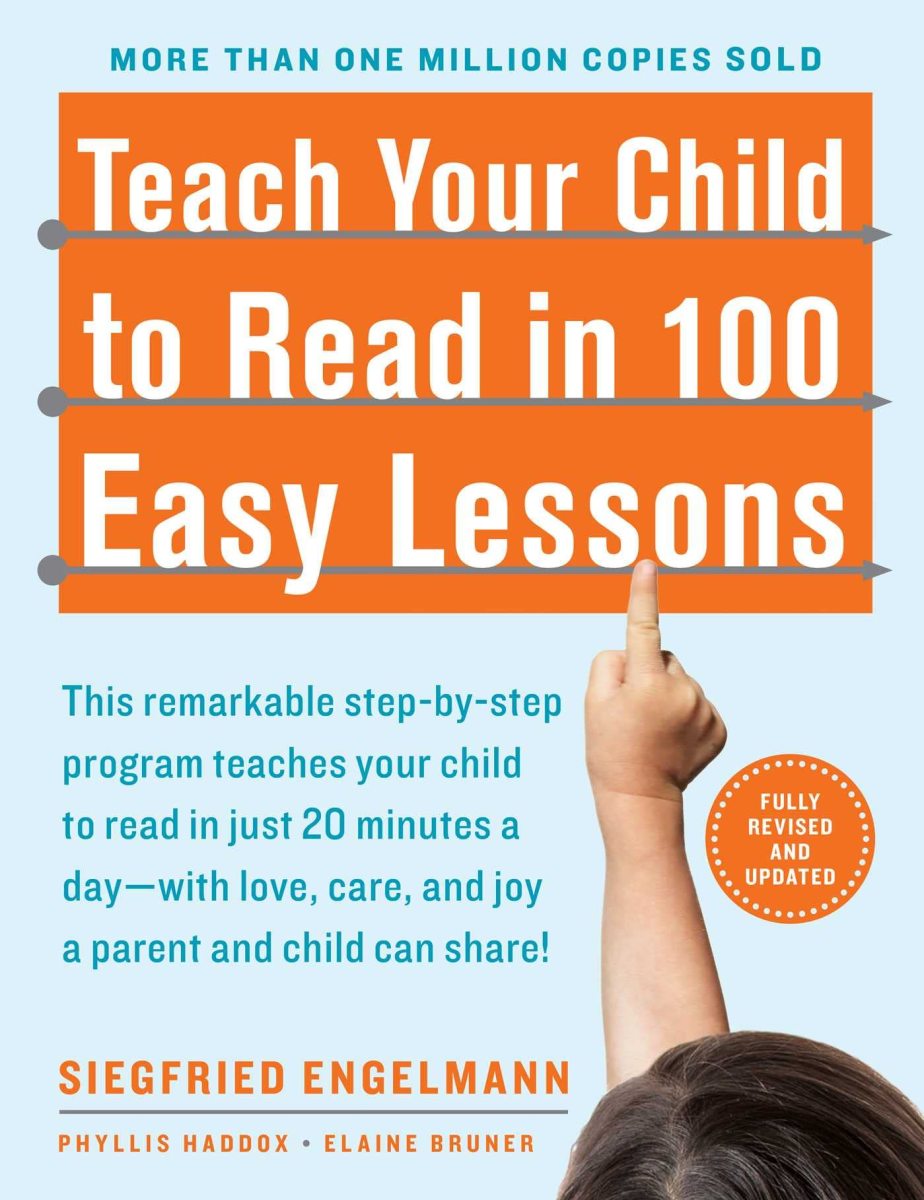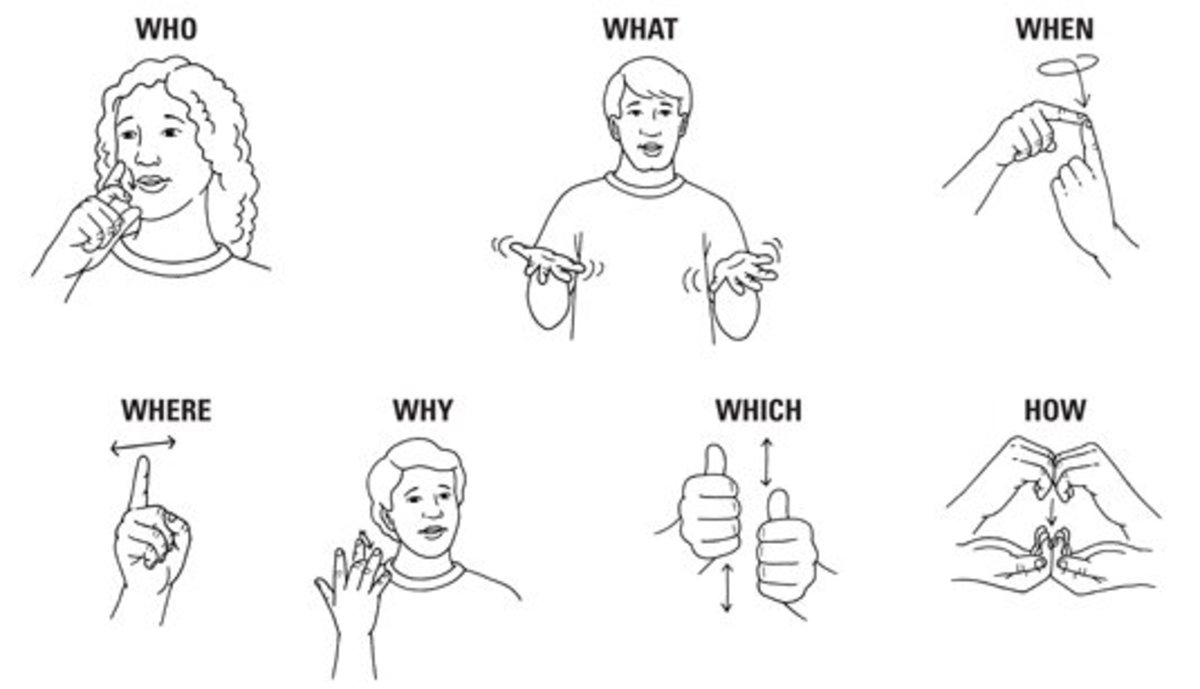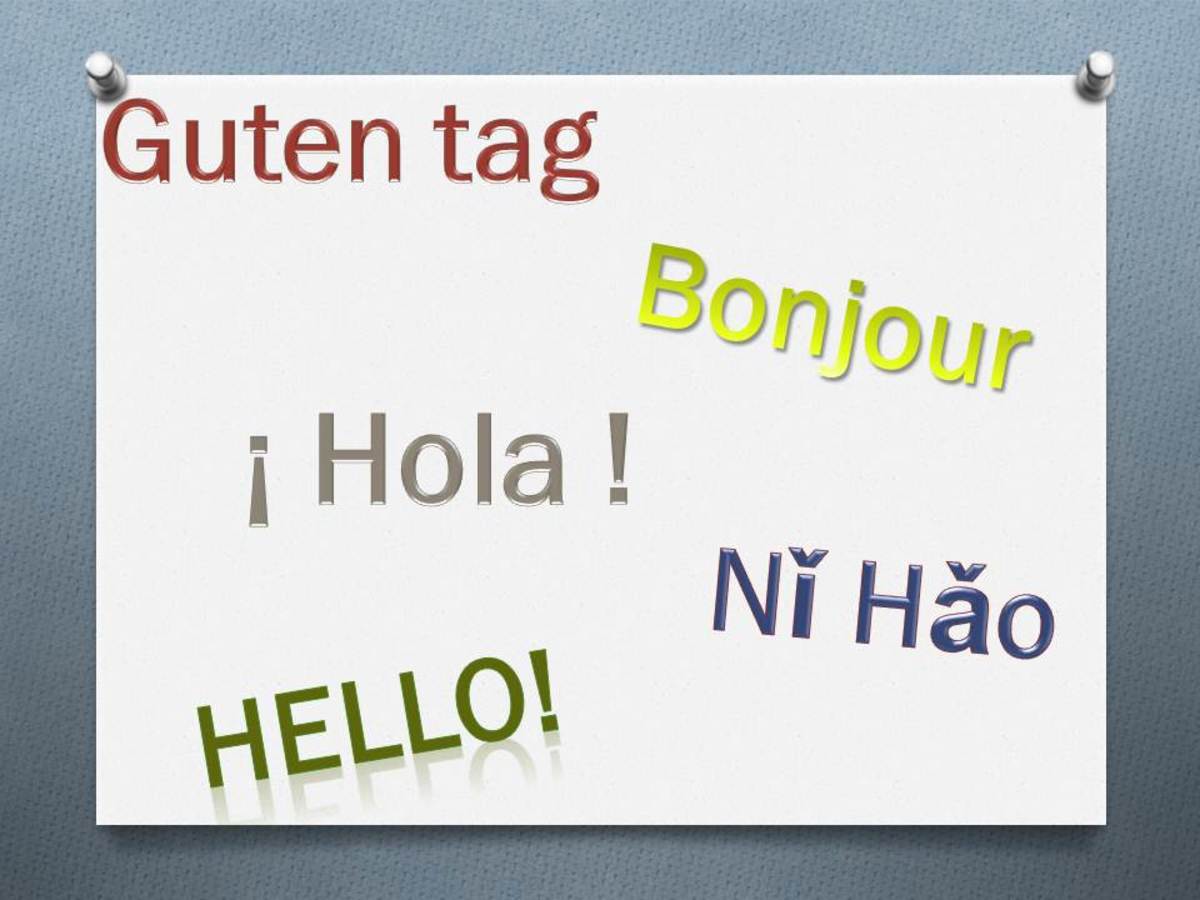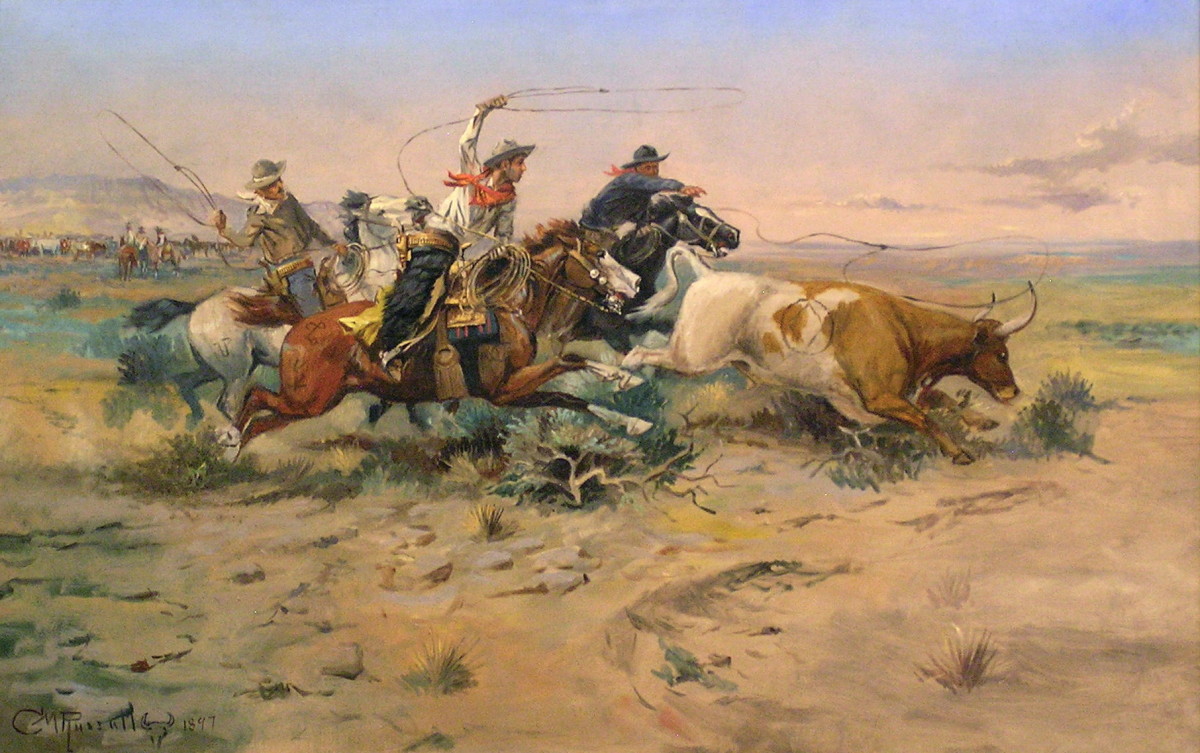The Awesomeness of the Letter A
"This is apparently where and/or why Double-U got its name."
WARNING LABEL:
Why read this article? That is a great question.
- it contains a ton of fun facts about things other than how to pronounce the letter A
- you can use those fun facts to impress your friends because most of them are things only you will know probably (called esoteric facts)
- the word aquiline for instance is the only word that has AQ at the beginning of it and is pronounced like the A in bat--all the others sound like the A in ball.
- Read the article to find out what aquiline means. Or, look it up in the dictionary. In fact, the only reason you shouldn't just do this study in your own dictionary is that it took me about four hours. Reading this article will definitely not take that long.
But, who cares? Well, linguists do, but the reality is that I learned about 30 new things from writing the article. Basically, it is a way to present those 30 new things for you to learn.
So, try it before you decide you hate it. And, to my fellow linguists, feel free to 'check my work,' which is an activity that all linguists love. Please put your 'error reports' in the comments section at the bottom.

Legend of A is for Apple
A is for Apple and supposedly says a as in bat.
These five words represent all the sounds that A makes.
bat (a) - apple, laugh, gaol, acclimate
abut (uh) - away,alleviate,
bate (says its name)
bar (ar) - bawl, haul, all, awful
bare (eh)
Note that uh in abut is the sound made by both vowels in the word.
The First Five Letters of the Alphabet
If we count all of the sounds that each letter makes, A is the first five letters of the alphabet. That is a remarkable claim!
This article will examine the letter A. The language of which I am speaking (the language that I am attempting to write down as if I was pretending to speak it) is the English spoken in the United States of America.
But, you protest, we do not all speak the same way in the US of A.
That is true. However, our public education system has regularized one set of rules that we consider to be the English language (as taught in the schools in the USA).
The basic rules that I follow in my examination are that I am referring to commonly-used words. There are esoteric (meaning long) words that I might not be covering. That is the first rule. The second rule, of two, is that I am referring to the first instance of A in the word unless otherwise noted clearly in my comments.
But, enough of this explaining nonsense
On with the sounds.
Discovered Rule #1
With a few exceptions, A says uh if there is a consonant between it and another vowel. But, of course, to be a rule, it has to have at least one exception--and there are several to this rule.
- I will indicate this rule as uh con uh (where 'con' means consonant).
- Ape and ale (etc) follow the infamous Silent E rule, which makes the vowel on the other side of the consonant say its name.
- Thus, the uh rule here applies to A, I, O, and U (and sometimes Y) as the 'next' vowel after the consonant.
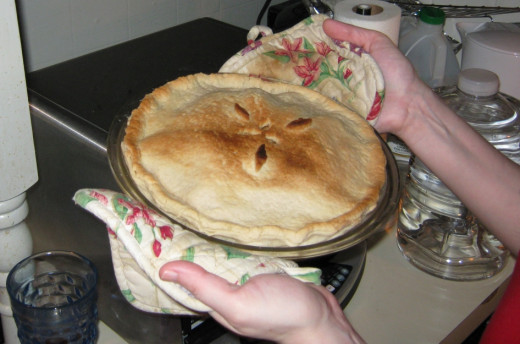
Linguistic Reality - a
The linguists denote the sound of A in bat and apple when refering to pronunciation by using the symbol a. This is also the symbol that the rest of us use for this sound. The other sounds that A makes have other variations of this symbol, sometimes including diacritical markings.and sometimes using 'other' letter-combinations.
A NOTE about A
NOTE: I tried to come up with a rule about double consonants after an A, but there is no consistent pattern in the English language:
- accept and acclimate;
- afford and affable;
- aggression and aggregate;
- allude and allocate;
- ammonia and ammunition (which are the only AMM words in English--and their variants of course);
- annul and annual;
- appear and apparatus;
- assign and assignation (an appointment or tryst);
- attribute (noun) and attribute (verb).
Thus, there is no double-consonant rule with A sounds. The weakness in this note's survey is that it is only examining words that start with A. However, it is not likely that there are any rules about words that start with other letters but have an A followed by two consonants somewhere in them,
Are you still here?
If you are still reading this article, vote YES.
The A in Apple
The word for this category is bat. The infamous word Apple is in this category. The list of words below all make the same A-sound that is in bat and apple.
laugh - I start with laugh because I like to laugh. It is also the only word that ends with -augh. I am not absolutely sure of that, and I mean commonly-used words.
abbey, abbot - The AB words are split almost evenly between the bat sound and the sound of A from abut. B follows the uh rule (uh con uh).
acclimate - Other examples are accidental and academic. Oddly, academic is the only one of its variants that is in the bat group. Other AC words in this group are accede (pronounced ACK SEED), accent (with the accent on the first syllable), act, acrimony, and about one third of the AC words. An uncommon word and odd variant of accept (accept is in the abut group) is acceptation ('the understood meaning of a word'--pronounced ACK SEP TAY SHUN).. Acid is an example of when C breaks the uh rule (uh con uh); in fact, C rarely if ever follows that rule.
adage - Most A's followed by D go with the abut group of words (see below). Adamant, adapt, advocate, advertise, and more are other AD words that go with bat. D follows the uh rule (uh con uh), except for adult.
after - There are a few others in AF in the bat group: affable, aft, affidavit, afghan, and African (and all the variations and compounds of these words, of course). There are no words where F would have to apply the uh rule.
agile - This tests a G rule that I have been noticing. Agree is hard while agile is soft (on the G sound). Agate, aggregate, G does not follow the uh rule (uh con uh).
There are no AI words in this group.
There is only one AH word in English (ahead) and it is not in the bat group.
alcohol (?) - ALL words give me a lot (pronounce UH LOT and A LOT (says its name)) of trouble. Is alcohol in the bat group? The sounds from the other A groups can clearly be heard, but it is not as easy to hear the bat sound in AL words. Of course, most AL words have a similar sound to alcohol. Aloud follows the uh rule (uh con uh), as does alarm.
amble - Amber and most other AM words are in the bat group. M follows the uh rule (uh con uh).
and - Other AN words in the bat group are annotate, ant, anvil, and many others. AN words split between the sound A makes in abut and bat, but it is not an even split (more are in the bat group than the abut group).
There are no AO words in this group.
apple - Oddly, apply is in the abut group despite its similarity to apple. Apathy, appetite, and apatite (a mineral) are all in the bat group along with a few others, but AP words are mostly in the abut group and are mostly APP words (with the double-P, I mean). P follows the uh rule (uh con uh).
aquiline, aquifer - Q is a weird letter that causes all kinds of weird trouble. Actually, I have another study of Q that shows it is a rather simple letter that has less than 4 rules applied to how it affects pronunciation. The uh rule with Q is over-ridden by the rule that Q is nearly always followed by U. Aquifer is a strange word as all the other derivatives of aqua are in the abut group except aqua itself, which is in the bar group. Borrowed words (aka loanwords) are often kind of messy. By the way, aquiline refers to anything that pertains to eagles.
AR words are NEVER in the bat group, therefore, AR words ALWAYS follow the uh rule (uh con uh). ALWAYS and NEVER are words that are rarely used in studies of pronunciation in the English language. Try saying AR with the A sound from bat. It might be impossible.
ascot - Other AS words in the bat group are ass, aster, aspen, ash, asinine, aspect, aspirate, ask, asphyxiate, and and (This is not a double and but a reference to the word and). S follows the uh rule (uh con uh).
at - AT, of course, is in the word bat, so it is in this group. Most if not all AT words are in the bat group. T follows the uh rule (uh con uh).
There are no AU words in this group. AU and AW words are discussed in the bar sound group section below.
average - Average breaks the uh rule. There are only 38 common AV words. Of those, 14 are in the bat group. V follows the uh rule (uh con uh) half of the time, which means that the rule does not apply to AV words.
There are 18 common AW words. None of them are in the bat group. W, however, does follow the uh rule (uh con uh).
ax - All five of the common AX words, on the other hand, are in the bat group. Axe (a variant) breaks the Silent E rule and follows the uh rule (uh con uh).
Aye is the only AY word that is not taken from a foreign language. Ayatollah and ayah are the two somewhat common English words that together with aye make up the only three common AY words. Aye breaks all the rules.
azimuth - The only AZ word not in the bat group is azalea (a plant). The other AZ words are Aztec, azidothymidine (AZT, which is used to treat AIDS), and azure (sky blue). Clearly, Z does not consistently follow the uh rule (uh con uh). Two of the three words that would be tested under that rule (azimuth and azure) do not follow it.
Remain calm. The other A sound groups will not be as thoroughly discussed because they were touched on in the above paragraph. The following will be much more direct and will mostly just touch on the highlights of the remaining four sound groups for the letter A.
Discovered Rule #2
I was really surprised by this rule. It appears that words in the bat group are almost all nouns. The words in the abut group are usually not nouns, and are often verbs.
The word adapt, for instance, is a verb. Its A says uh. The word adaptation, on the other hand, is a noun. Its A say a (as in bat).
Like all rules, there are exceptions.
azalea

Linguistic Reality - the ə in Abut
The upside down e (ə) is the symbol linguists use to refer to the sound A makes in the word abut. I refer to it as uh.
About the A in About
This is my discussion of the words that start with the letter A when it makes the sound like the A in abut. In other words, welcome to the abut group discussion.
B: about C: account (rare uh noun but also a verb) D: adage
E: There are no AE words in this group.
F: afraid G: aggressive
H: ahead (not a noun or a verb)
I: There are not AI words in this group.
J: There are also no AJ words in this group.
K: akin and akimbo are the only two AK words in English (common or otherwise)
L: alone M: amount (a rare noun) N: annoint
There are not AO words in this group.
P: apart
There are no AQ words at all other than aqua (and its relatively large group of derivative words such as aquatic and aquifer). Aqua is borrowed from another language, and aquiline (to do with eagles), which belongs in the bat group.
R: arrive S: assign T: atone
U: There are no AU words in this group.
V: aver W: awash Z: azalea (as mentioned in the picture caption, this is another of the rare nouns in the abut group).
One might notice here that G and C are trouble makers. Whenever I try to apply a rule, G and C are usually involved in breaking that rule. It is interesting to note that C is redundant with S and K and should not even exist. It is also interesting to note that G is one of those letters that does not have its sound in its name (G is for Girl). I have a study of C and G that I will publish one of these days.
aeolian harp

alien

Linguistic Reality: the ā in Bait
The letter a with a line over it (ā) is the symbol that linguists use to indicate the sound A makes in the word bait, This is the symbol and sound that appears and occurs in the Silent E rule.
Say Your Name! (The A in Bate)
The A says its name in the bate group.
B: able is the only common AB word in this group.
C: ace, ache, and acorn are the only common AC words in the group.
D: There are no AD words in this group. Try it out. It turns into the word aid.
E: aeolian (which is three vowels in a row, pronounced A OH LEE IN. It is a reference to an instrument that is played by a natural force, in particular, the aeolian harp, which is kind of like a wind chime only with strings). All other AE words are in the bare group).
F: aforementioned (and derivatives thereof) and 'afoul of' (afoul does not exist without its sidekick of) are the only two AF words in this group. There are people who mispronounce afraid with a long A.
G: There are four common, base AG words (meaning that they have derivatives) in the English language. These are agent (Silent E is not so silent, or is it?) and all the age derivatives. There are people who mispronounce against similar to afraid above. Agar and ague are two G words (see what a troublemaker G is?) that are in the bate group.
H: Remember that ahead is the only AH word in English, and it is in the abut group.
I: Yay! This is where AI lives! AI sounds like the A in bate, except in air and its multitude of derivatives. There are actually less than 15 AI words total in English.
J: Ajax - Just kidding! Ajar is the only AJ word in English, and it is not in this group.
K: Akin and akimbo again are the only AK words (and not in this group either).
L: ale, aleatoric and aleatory, alias, and alien are all the AL words in the bate group. The last two break the uh rule.
M: amiable (violates the uh rule (uh con uh)) <-- violates the nested parenthetical rule. Plus, the word is often mispronounced as A as in bat. By the way, this is the only example of AM words in the bare group (it is amoral for me to make that claim).
N: anal, anus, and anxious (and anxiety) are the only AN words in this group. Oddly, enough, anal retentive is an obsolete term for obsessive compulsive. People with OCD are usually very insistent on following the rules. So it is strange that the old reference to that condition breaks the pronunciation rules of the letters AN.
O: There are no AO words in this group.
P: apiary (bee hive), apex, ape (of course), aperitif (almost always mispronounced and misspelled, it means a drink taken as an appetizer), aphid and aphis (its plural), apolitical, April, and apron,
Q: There are no AQ words in this group.
R: There are no AR words in this group (most are in the bar sound group, of course).
S: There are no AS words in this group.
T: ate - The only AT word in this group is merely obeying the Silent E rule.
U: There are no AU words in this group.
V: aviator, aviatrix, and aviary (and other words to do with flight) - These are the only common AV words in the bate group.
W - Z: That is it for the bate group. Awe breaks the Silent E rule and the uh rule (uh con uh).
airplane
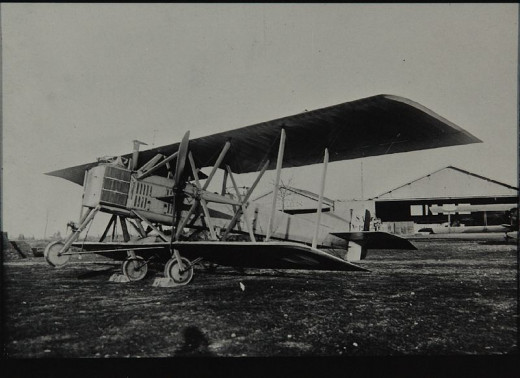
Jefferson Airplane
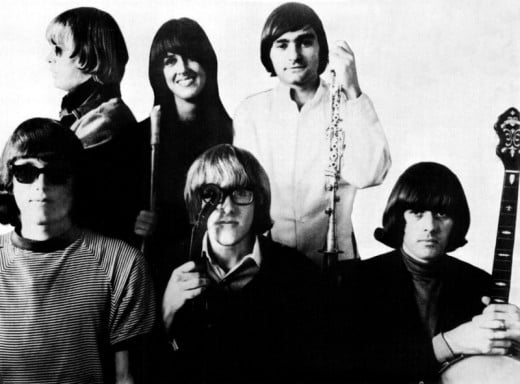
Linguistic Reality - the יa or er in Bare
The linguists use an a with a little diacritical mark to its right (יa). I can't remember the name of that little diacritical mark. Check the comments. I am sure the linguists will explain.
Another symbol that is used is the letters er. I have never understood why er would represent the sound that A makes in air or bare. But someone must have because it is a standard symbol for the sound.
I refer to the sound that A makes in bare with the symbol eh.
The Air in Bare
The word air really bothers me when I try to nail down how to pronounce it. It seems like a basic phoneme to me, and it is small enough to represent the sound. But we live in a world that abbreviates the word at (@), so I guess three characters is three times too long.
I will not go through the alphabet with this group as the sound is usually only in the words that begin with the letters AR, AIR, and AER (as in aeronautics).
Instead, I will make this a brief discussion of the sound in question (eh). The sound is also made by the letters EA, as in bear and wear, but not in ear--which I discuss in my next article about the excellence of the letter E.
Some words in this group also defy the word are, which violates the Silent E rule. Bare and ware and scare are all words where A makes the sound eh. Usually, eh words begin with the letter E. That makes this brief discussion seem like an ad for my next article.
aardvark

aardvark
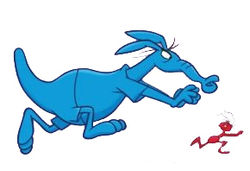
aardvark

Linguistic Reality - the יä in Bar
The symbol that linguists use to refer to the sound that A makes in the word bar is a weird diacritical mark (whose name I still have not looked up) next to an a with what looks like an umaut above it (יä). I usually associate the umaut with German (Münster).
I refer to the sound that A makes in the word bar with the symbol ah.
However, the linguists make many distinctions around this sound. Occasionally, for some words, like arcane, they merely use the ä. My conclusion is that it is a confusing and hard to explain sound that we can easily make, but cannot easily describe.
The W in Bar
Finally, the following are words that start with A where it sounds like the A in bar.
A: aardvark - Surprise! The only AA word in English (bazaar is one with an internal AA).
L: all, (and all the words that have all in them, such as ball, call, calm, etc.but not alloy or ally or alley), almost, almond, also, altar and alter, always, and don't forget Alzheimer's.
N: andante,
P: a priori (technical not an AP word as there is a space and it is Latin, but philosophers in English use it constantly to meant 'things that already existed').
R: arbiter, arbitrage, arbitrator, arbor, and most of the words that start with AR including art and argent.
W: See below under AU and at the bottom of this section. This is apparently where and/or why Double-U got its name.
Vowels: There are no AE, AI, AO, or AY words in the bar group. However, there are quite a few AU words including aura, haul,and many others. The linguists would like AU to have its own sound, but it sounds like bar to me.
Words that do not start with A abound in the bar group, of course: bark, car, call, chart, dark, gar, gaunt, hart, haw, jar, jaw, mark, nark, paw, quark (but not quart), raunchy, sauna, tarn (a lake), varnish,
K, W, and Z all seem to have a bad relationship with the sound A makes in bar. War and warn and warren and so on are all in an O group (future article - coming soon).
Quick Conclusion
English is a crazy language that rarely follows its own rules. I before E except after C and in weird words like neighbor and weigh is a great example of how convoluted the English language has become.
And we are doing it no favors with our text-speak and our willingness to accept sloppiness on websites, news magazines, newspapers, and even in textbooks.
But, it is not a bad thing for language to evolve. Usage should always triumph over the rule book, because the point is communication--not an A in English class.


